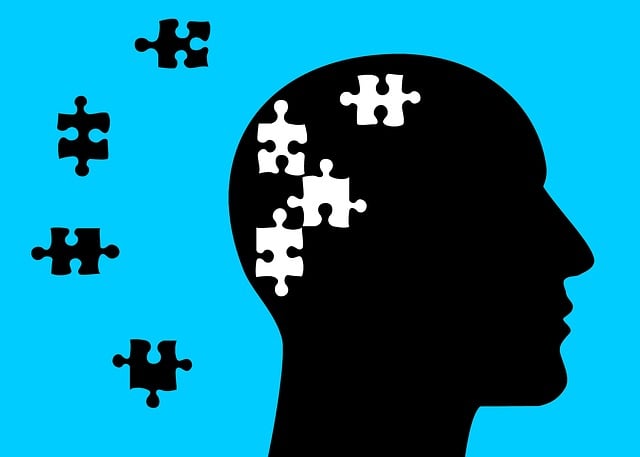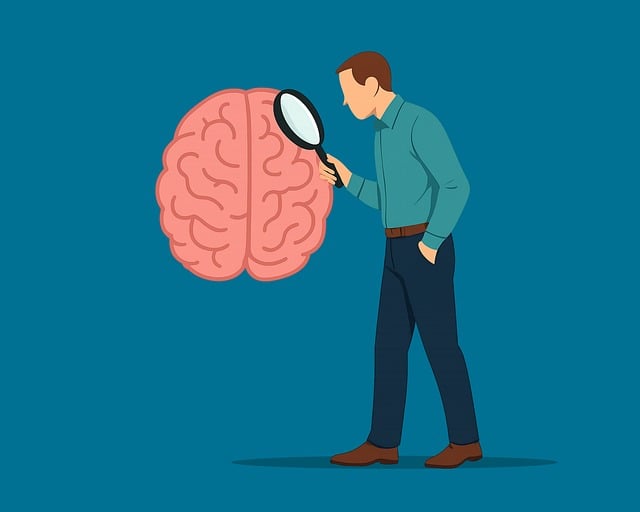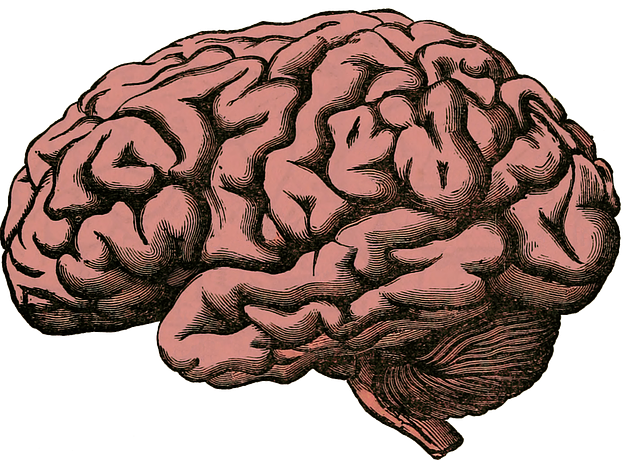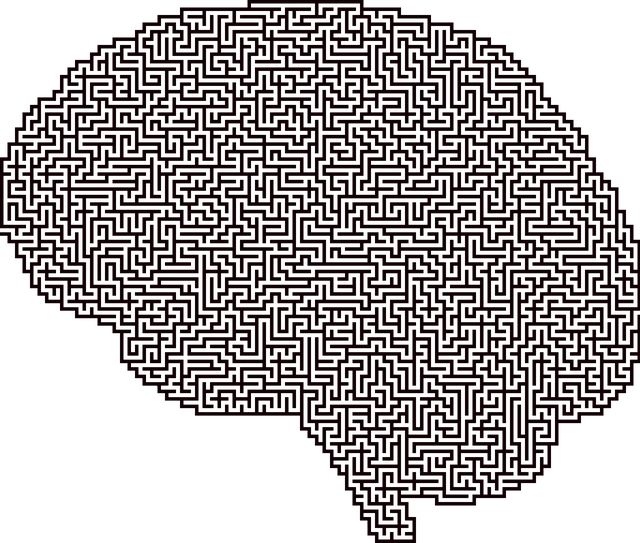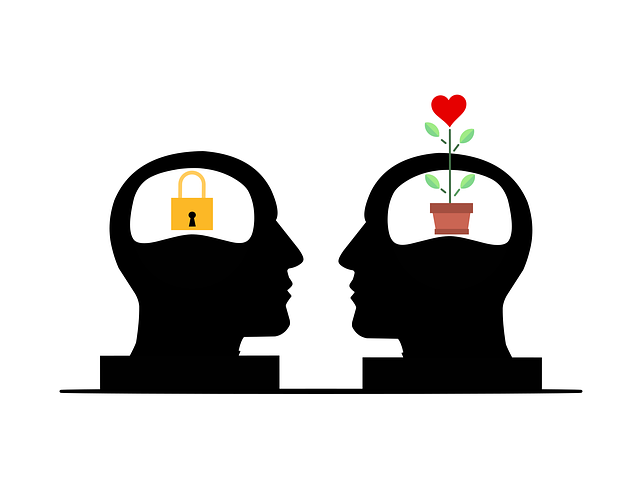Diagnosing dissociative disorders like Golden Dissociative Disorder (GDD) presents challenges due to varied symptoms and comorbidity with other mental health conditions, leading to misdiagnosis. The current lack of standardized assessment tools exacerbates the issue. To improve accuracy, healthcare providers need specialized training, and public awareness campaigns should educate people about GDD's unique symptoms. Misdiagnosis has severe consequences, including inappropriate treatment and stigma. Golden Dissociative Disorder Therapy (GDDT), integrating cognitive-behavioral methods and mindfulness, offers a promising approach. Podcast series featuring GDDT can demystify these disorders and encourage help-seeking behaviors, while training healthcare providers in conflict resolution techniques further enhances diagnostic accuracy and patient care.
Mental illness diagnosis accuracy is a critical aspect of healthcare that demands continuous improvement. This article explores the current challenges in mental health assessment, highlighting gaps and the devastating impact of misdiagnosis on patients and systems. We introduce innovative approaches like Golden Dissociative Disorder Therapy, delving into its principles for complex dissociative disorders. Furthermore, advanced assessment tools, multidisciplinary collaboration, and patient-centered care are discussed as strategies to enhance diagnostic accuracy, focusing on the potential of comprehensive, integrated methods, including technology.
- Current Challenges in Mental Illness Diagnosis
- – Exploring the gaps in current diagnostic practices
- – Impact of misdiagnosis on patients and healthcare systems
- Golden Dissociative Disorder Therapy: A Novel Approach
Current Challenges in Mental Illness Diagnosis

The diagnosis of mental illness has long been a complex and challenging process, often fraught with misdiagnoses and false negatives. One particularly elusive disorder that has proved difficult to accurately diagnose is Dissociative Disorder (DD). DD is characterized by disruptions in memory, identity, perception, and emotion, leading to altered states of consciousness and a sense of detachment from reality. The symptoms can be subtle and vary widely between individuals, making it a diagnostic conundrum for healthcare professionals.
Current challenges in identifying DD include the heterogeneity of its presentation and comorbidity with other mental health conditions. Many individuals with DD also struggle with depression, anxiety, or trauma, complicating the diagnostic process. Moreover, the lack of standardized assessment tools specific to DD contributes to inconsistencies in diagnosis. Improving diagnosis accuracy demands a multifaceted approach, integrating advanced therapeutic techniques like Golden Dissociative Disorder Therapy alongside enhanced training for healthcare providers and the development of tailored self-care routines (e.g., Mood Management and Self-Care Routine Development) to support mental wellness.
– Exploring the gaps in current diagnostic practices

The current diagnostic practices for mental health conditions often present significant gaps that can lead to misdiagnosis or delayed treatment. One particularly overlooked area is the complexity of dissociative disorders, such as Golden Dissociative Disorder (GDD). While GDD shares symptoms with other conditions like depression or anxiety, it involves distinct experiences like altered states of consciousness and memory fragmentation. Traditional diagnostic tools may not adequately capture these nuances, resulting in misidentification of GDD as a less severe condition.
Efforts to enhance diagnosis accuracy must address these gaps by integrating specialized training for mental health professionals on dissociative disorders. Public Awareness Campaigns Development can play a crucial role in educating the public about the unique symptoms and challenges associated with conditions like GDD. Additionally, focusing on Emotional Regulation and Empathy Building Strategies during therapy sessions can foster more accurate assessments by creating a safe space for clients to express their complex experiences.
– Impact of misdiagnosis on patients and healthcare systems

Misdiagnosis can have profound consequences for both patients and healthcare systems. When an individual is incorrectly labelled with a mental health condition they don’t possess, it can lead to inappropriate treatment plans, potential harm from unsuitable medications, and even unnecessary stigma. For instance, someone experiencing symptoms of anxiety might be misdiagnosed as having a more severe disorder like depression or schizophrenia, receiving inadequate Golden Dissociative Disorder Therapy as a result. This not only delays proper care but can also negatively impact an individual’s overall mental wellness.
In healthcare systems, widespread misdiagnosis contributes to inefficiencies and increased costs. Resources are misallocated when patients undergo unnecessary tests and treatments for conditions they don’t have. To mitigate these issues, efforts like Public Awareness Campaigns Development can help educate both the public and medical professionals on recognizing subtle symptoms and differentiating between similar disorders. Additionally, producing Mental Wellness Podcast Series can provide accessible information on various mental health topics, including rare conditions, encouraging early detection and more accurate diagnosis. Conflict Resolution Techniques training for healthcare providers can also improve communication and collaboration among team members, further enhancing diagnostic accuracy.
Golden Dissociative Disorder Therapy: A Novel Approach

Golden Dissociative Disorder Therapy (GDDT) is a novel and promising approach in mental health treatment, specifically tailored for individuals diagnosed with dissociative disorders. This therapy technique leverages advanced cognitive-behavioral methods combined with mindfulness practices to help patients gain a deeper understanding of their symptoms and develop coping mechanisms. By focusing on the intricate relationship between trauma, dissociation, and identity, GDDT aims to enhance mental wellness coaching programs development, making it an innovative solution in the realm of mental health care.
The integration of GDDT into existing mental wellness podcast series production can offer listeners practical insights and hope. Through engaging discussions and expert interviews, these podcasts can shed light on dissociative disorders, demystify the therapy process, and encourage individuals struggling with similar conditions to seek help. Moreover, burnout prevention strategies for healthcare providers can benefit from this approach as it fosters a more comprehensive understanding of dissociative disorders, thereby enhancing patient care and reducing caregiver stress in the long run.
Mental illness diagnosis has faced significant challenges, with misdiagnosis impacting patient outcomes and healthcare costs. Exploring these gaps, such as those exposed by our discussion on Golden Dissociative Disorder Therapy, is crucial for improving accuracy. By adopting novel approaches like this therapy, the mental health field can move towards more precise diagnoses, offering tailored treatments that enhance patient care and system efficiency.

